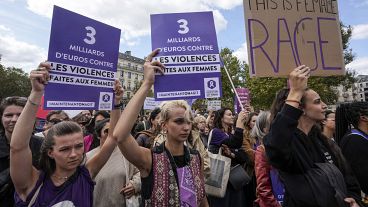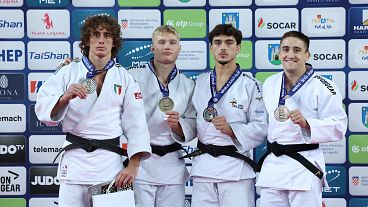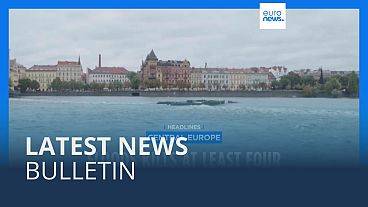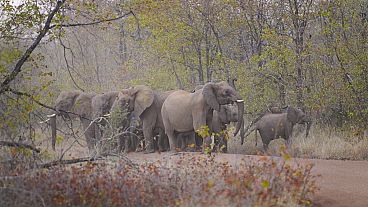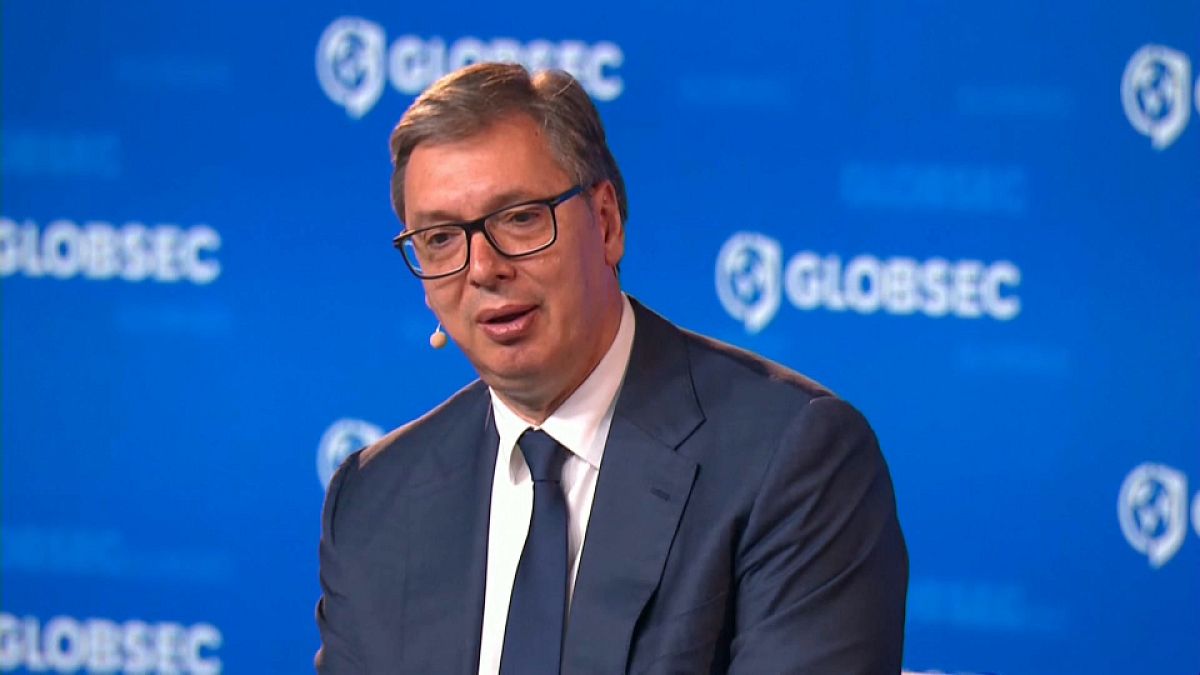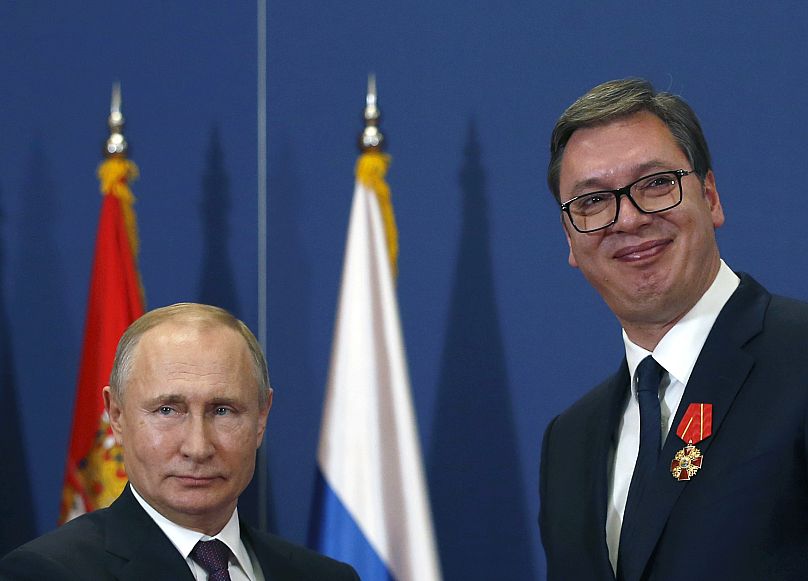Vučić acknowledged that Serbia had resisted falling in line with the rest of Europe in putting sanctions on Russia but did say Belgrade had repeatedly condemned the invasion of Ukraine.
Serbian President Aleksandar Vučić has denied having close links to his Russian counterpart Vladimir Putin and dismissed the suggestion that his country is a 'Trojan horse' for Moscow.
Speaking at the GLOBESEC security conference in Prague, Vučić said he hadn't met or spoken to Putin in the more than two years since Russia invaded Ukraine.
"Yes, we have traditionally very good ties and we are not hiding it. And I'm not ashamed of that with Russia. It has always been the case between Serbs and Russians and we are the only country in Europe that did not impose sanctions against Russia. And as you can see, I'm not afraid to say that openly," he said.
"Nobody in Europe agrees with me on this issue, but everybody in Europe understands my position."
Vučić acknowledged that Serbia had so far resisted falling in line with the rest of Europe in putting sanctions on Russia but said Belgrade had repeatedly condemned the invasion of Ukraine on international platforms like the UN General Assembly.
Serbia and Turkey are the only EU candidate countries that have refused to impose sanctions.
On the other hand, Montenegro’s President Jakov Milatović has said: "Five years ago, 30% of our tourism revenue came from Russia. It was a tough thing to adopt the sanctions against Russia and to follow the Council of the EU. It was a tough thing, but we did it."
Montenegro is also an EU candidate country.
Vučić said he had had a "great" conversation with European Commission president Ursula von der Leyen but admitted it was unlikely that Serbia would become an EU member state by 2028, the date by which some other western Balkan countries hope to join the bloc.
"I don't believe that we are going to be a part of European Union in 2028, because there are many issues. First of all, here we have an interest of the European Union, which are different from time to time to our interests. And I believe that if some of us might become members of the EU, it cannot happen before 2030. But that's just my assessment," he said.
Serbia, which became an EU candidate country in 2012, has made little progress in the fields of rule of law and democratic reforms, which are the main preconditions for membership in the 27-nation bloc.
Belgrade must also align its foreign policies with those of the EU, and that would include slapping sanctions on Russia.
During protests last year after two mass shootings, calls for tougher gun control soon morphed into anti-government protests.
Protesters were angry about democratic backsliding under the Vučić government, accusing it of increasing authoritarianism, corruption and having links to organised crime.
The most recent Freedom House report ranks Serbia's political rights score at 18 out of a possible 40, placing it among the partly free, hybrid regimes category, with a downward tendency towards authoritarianism.

